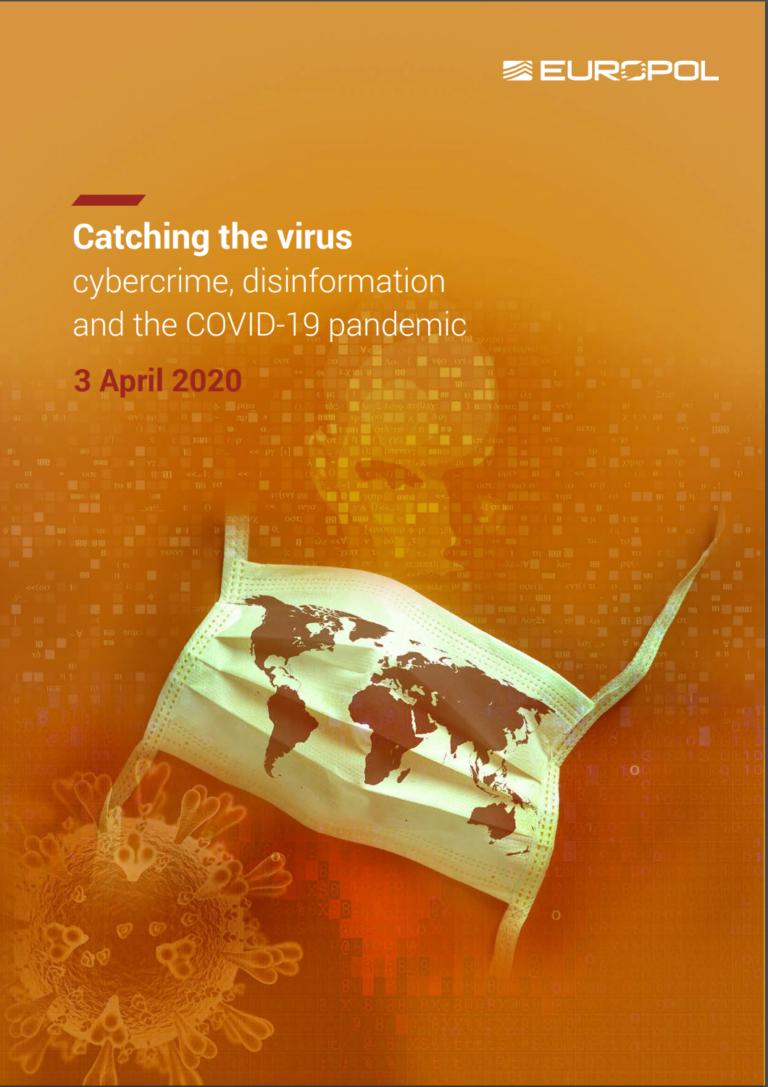Cybercriminals have been among the most adept at exploiting the COVID-19 pandemic for the various scams and attacks they carry out. With a record number of potential victims staying at home and using online services across the European Union (EU) during the pandemic, the ways for cybercriminals seeking to exploit emerging opportunities and vulnerabilities have multiplied.
Europol has been monitoring the impact of the COVID-19 pandemic on the cybercrime landscape since the beginning of the current crisis and can present an updated threat picture and assessment of potential further developments in this crime area. The threat from cybercrime activities during the crisis is dynamic and has the potential to increase further. Europol is investing resources and capacities to continue to support EU Member States and other partner law enforcement authorities to counter threats during this difficult situation.

